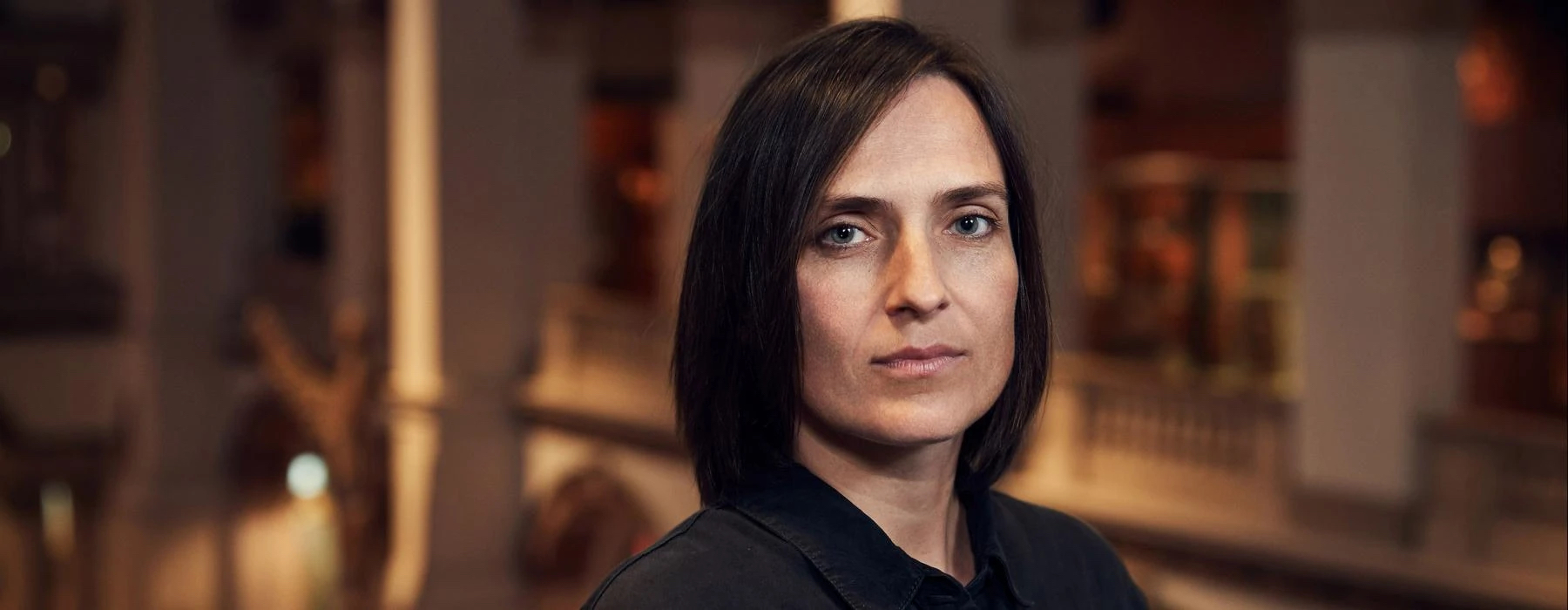Due to unforeseen circumstances this event will now only be available online. Details of how to join online will be sent to everyone registered 48 hours before and on the day of the event.
For the past 150 years, fashion has been excluded from the ontology of ethnographic museums. Fashion was not deemed to be a part of ethnography, understood as ‘the description of cultures’, which was a branch of anthropology that evolved from theories and general views on culture that were developed through colonialism. This lecture examines the relationship between colonial history and the foundation of ethnographic museums, including its theoretical notions on what constitutes the Other, who is the subject of such museums, and what does not. Such divisions were largely predicated on the notion that the Other was not considered to have fashion. This lecture demonstrates how fashion might actually be a tool used to decolonize ethnographic and, indeed, other museums throughout the world, in order to broaden their relevance for society at large. The case study drawn upon will be the National Museum of World Cultures in the Netherlands, which comprises the Tropenmuseum in Amsterdam, the Museum of Ethnology in Leiden, the Africa Museum in Berg en Dal, and the associated World Museum in Rotterdam.
Daan van Dartel is curator of popular culture and fashion at the National Museum of World Cultures in the Netherlands, where she is responsible for the dress and fashion collections. In her work she looks at fashion as a tool for decolonizing ethnographic museum collections and vice versa.
Organised by Dr Elizabeth Kutesko (The Courtauld, Central Saint Martins), as part of the Documenting Fashion Research Group at The Courtauld.






